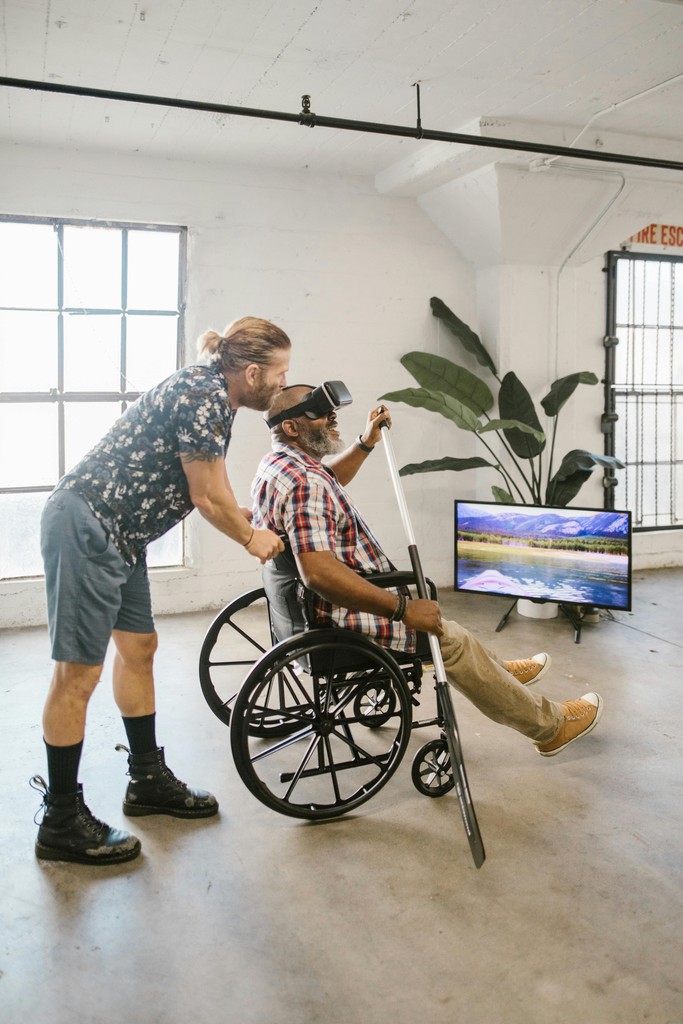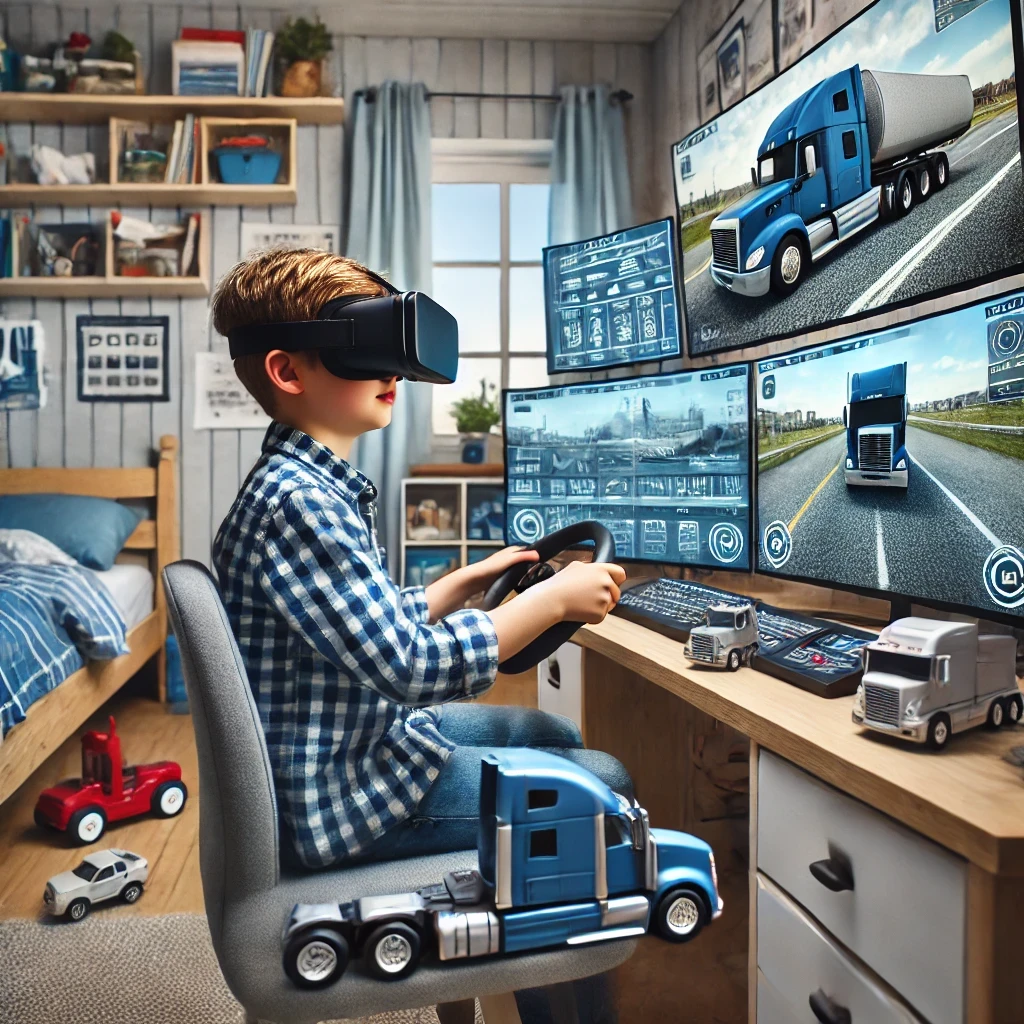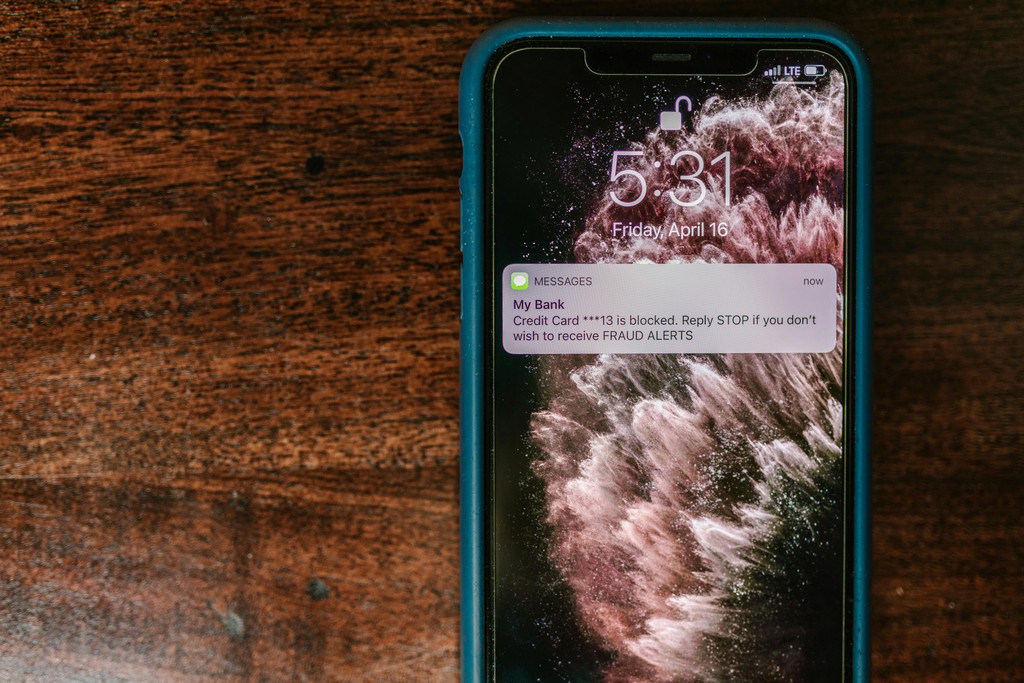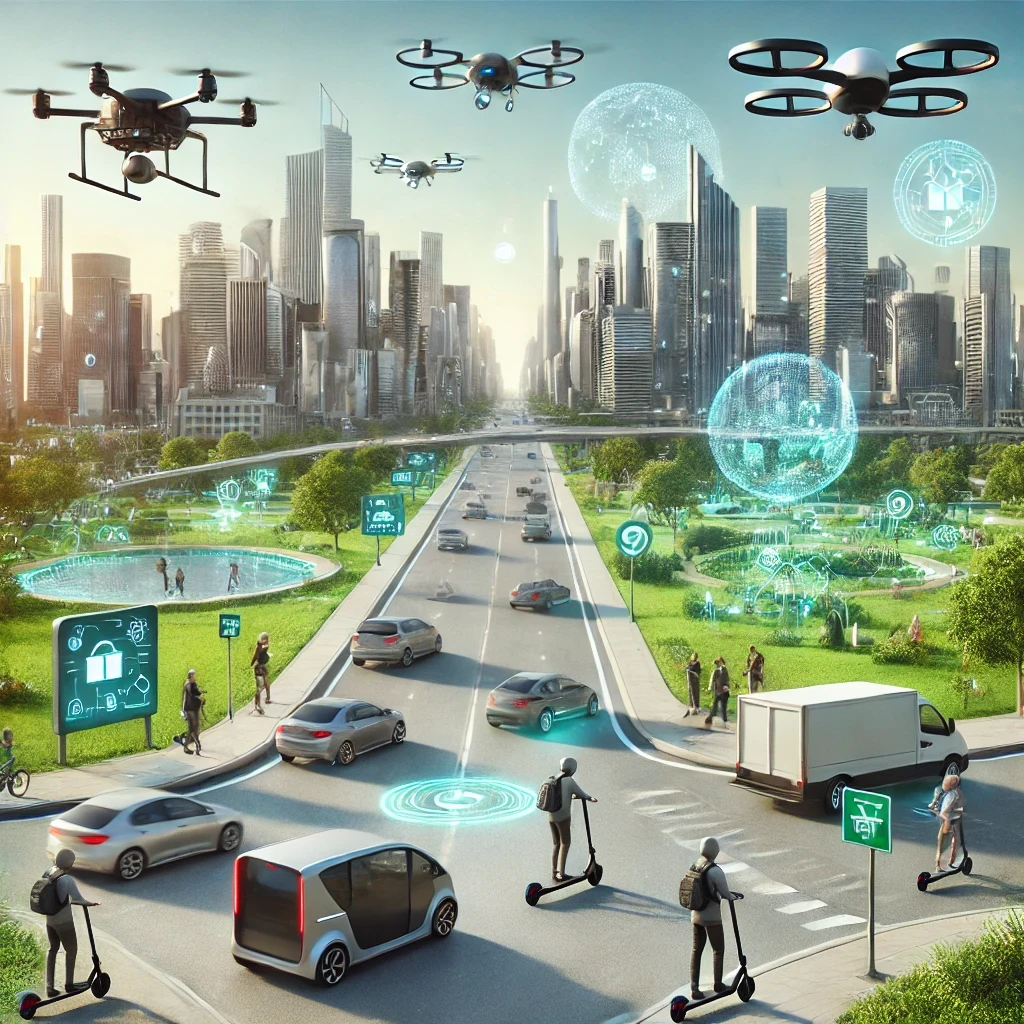The Wellness Revolution: How Personalized Health Will Change Your Life by 2034
Picture this: It's 2034. You wake up, not to the jarring sound of an alarm, but to the gentle vibration of your smart pillow. It’s detected you’ve completed your optimal sleep cycle and knows it's the perfect time for you to rise. As you stretch, your AI health assistant greets you with a cheery, "Good morning! Your sleep quality was excellent. Based on your body's current needs, I recommend a high-protein breakfast and a 20-minute yoga session to start your day." You smile, knowing your wellness is fully optimized from the moment you open your eyes.
Welcome to the future of personal wellness. It’s not just about counting steps anymore—it’s about crafting a life symphony where every note is tuned to your unique genetic melody. Everything you do is designed to help you thrive, tailored to your personal health profile, and seamlessly integrated into your lifestyle.
The End of One-Size-Fits-All Wellness
Let’s face it: the days of generic health advice are as outdated as floppy disks. By 2034, we’re looking at a wellness landscape that’s:
More Personalized than Your Fingerprint
From your morning smoothie to your bedtime routine, everything is customized to your DNA, microbiome, and real-time health data. Imagine starting your day with a breakfast perfectly matched to your body’s needs—ingredients chosen not because they're the latest superfood trend, but because your unique gut flora needs them to flourish today. Your supplements are delivered monthly, recalibrated based on the real-time metrics gathered from your wearables, ensuring that your vitamin levels are always optimal, and your body functions like a finely-tuned machine.
More Connected than Your Social Network
Your personal health ecosystem is monitored, analyzed, and optimized 24/7. Every breath, heartbeat, and calorie burned feeds into a network that would make NASA envious. This isn’t just data collection—it’s data action. Your smart clothing monitors your posture throughout the day, giving you gentle reminders to adjust before back pain ever becomes an issue. Your mental wellness is tracked through voice analysis; subtle changes in your speech might indicate rising stress, prompting your AI to suggest a mindfulness break or a guided meditation. It's like having a personal health team with you at all times, watching, learning, and helping you adapt.
More Holistic than a Zen Master's Teachings
Physical, mental, emotional, and even spiritual well-being are all part of the wellness equation. The idea of treating the body in isolation from the mind is gone. In this future, your well-being is as much about how you feel and think as it is about how many miles you run or how much protein you consume. Imagine ending your day with a virtual reality sunset, carefully selected to reduce cortisol levels and ease you into restful sleep. Your wellness plan isn’t just about the body—it’s about crafting harmony across every aspect of your life, making sure that each part of you is thriving.
The New Wellness Gurus
Forget everything you know about health experts. In this brave new world:
AI health assistants are the new family doctors: Your AI assistant doesn’t just track your stats—it understands them. It knows how the results of your latest blood panel correlate with your activity levels and nutrition and offers tailored advice accordingly. Unlike a traditional doctor, it’s available 24/7, adapting your wellness plan in real time, whether you’re at home, in the office, or halfway around the world.
Virtual reality is the new therapist’s couch: Therapy is no longer bound by geography or even a room. Imagine stepping into a calming VR forest, where your virtual therapist helps you work through stress or trauma. The setting is personalized to make you feel safe, calm, and open. You’re not just talking—you’re experiencing a carefully crafted environment designed to optimize your emotional healing.
Your local community is the new gym: Neighborhood wellness hubs have replaced traditional gyms. You gather at a local park where solar-powered workout pods offer everything from guided yoga to high-intensity interval training. Community-led classes ensure you’re not only physically fit but also connected with your neighbors—turning wellness into a social experience.
And traditional healthcare? It's pivoting faster than a yoga instructor in a hot vinyasa class. The focus is on prevention, not cure. Clinics are being replaced by wellness centers that prioritize proactive health—offering personalized nutrition plans, stress management workshops, and genetic screenings to identify potential health risks before they become problems.
The Trillion-Dollar Question
Here's what keeps futurists up at night: How do we ensure this wellness wonderland is accessible to everyone, not just the elite? We’re talking about a paradigm shift that makes the invention of penicillin look like a minor update. The promise of personalized wellness could widen the gap between those who can afford cutting-edge health optimization and those who can't.
But here’s the kicker: The return on investment isn’t just about living longer—it’s about living better. We’re looking at:
Communities that are happier than a kid in a candy store (a sugar-free, organic candy store, of course): Imagine neighborhoods designed around well-being—where parks, healthy food markets, and communal gardens are within walking distance for everyone. Happiness becomes less about wealth and more about access to a healthy environment.
Workplaces more energized than a coffee plantation: In the future, offices are replaced by wellness-driven workspaces. Imagine a workday punctuated by activity breaks guided by AI, meetings held while walking through virtual gardens, and workstations designed to promote natural movement rather than prolonged sitting. Productivity isn’t driven by stress and caffeine but by vitality and a sense of purpose.
An economy fueled by vitality, not just productivity: A healthier population means fewer sick days, more creativity, and a workforce that’s more resilient. The wellness economy becomes a central pillar of prosperity—fueled not by pharmaceuticals treating symptoms but by innovative solutions promoting long-term health.
The Plot Twist
Now, before you rush to trade in your gym membership for a genetic optimization plan, consider this: With great wellness comes great responsibility. We’re staring down the barrel of:
Privacy concerns that would make your current social media worries look like child's play: The more data we collect about our bodies, the greater the risk of misuse. Who owns your health data? What if your genetic predispositions could be used against you by insurers or employers? Protecting health data becomes a massive ethical and legal issue, requiring airtight regulations and constant vigilance.
Ethical dilemmas about how much we should optimize our bodies and minds: Just because we can enhance our cognitive function or alter our genetics to improve athletic performance, does it mean we should? Where do we draw the line between wellness and unnatural enhancement? In the quest for the ultimate healthy self, we risk blurring boundaries that could redefine what it means to be human.
Social shifts that could redefine what it means to be human: As we rely more on AI to guide our health decisions, are we losing touch with our natural instincts? Will people become so data-dependent that they forget how to listen to their own bodies? The balance between technology and intuition becomes a crucial debate—one that shapes not just individual wellness but the fabric of society.
Your Move, Health Enthusiasts
So, what’s a forward-thinking wellness warrior to do? Here’s your game plan:
Embrace the experiment: Your body is the ultimate laboratory. Start small, track everything, and find what works for you. In a world of data-driven health, experimentation is key. Not everything that works for others will work for you—be willing to test, learn, and adjust.
Think beyond the body: Mental and emotional fitness will be the new six-pack abs. Start flexing those mindfulness muscles! In the future, health isn't just measured in BMI or steps walked—it’s about your emotional resilience, your ability to manage stress, and your sense of inner peace.
Connect the dots: Your health doesn’t exist in a vacuum. Look at how your environment, relationships, and daily habits all play a role. Consider the air quality in your home, the nutrition of the food you eat, and even the influence of your social circle. Everything matters, and true wellness is about seeing the connections.
Stay curious: The wellness world of 2034 will be full of innovations we can't even imagine today. Keep an open mind! From gene-editing therapies to neural implants that help manage anxiety, the possibilities are endless. The key is not to fear these changes but to stay informed and adapt.
Advocate for access: Be a voice for making cutting-edge wellness accessible to all. Health equity is the new black. Advocate for policies that promote access to wellness technologies across all demographics. Support community wellness programs and initiatives that aim to make these innovations available to the many, not just the few.
The path to 2034 is paved with opportunities for radical self-improvement, unprecedented health insights, and a complete reimagining of what it means to be well. It’s an odyssey of self-discovery, guided by data but anchored in human needs. But it’s not without its challenges and ethical hurdles.
Are you ready to be the CEO of your own health? The future of wellness is calling, and it’s got your DNA on speed dial.
date published
Jul 28, 2024
reading time
5 min
.see also



